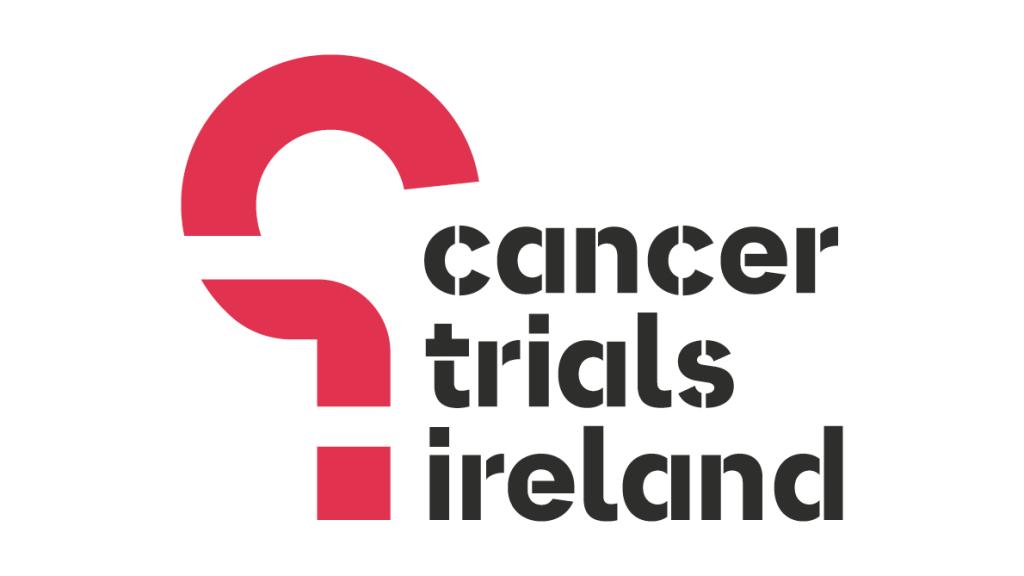
Study opens in Ireland to investigate pregnancy after breast cancer
An international cancer study has opened in Ireland to investigate the risks for young women who had breast cancer and attempt to get pregnant.
Young women who have cancer can require ongoing hormone treatment for 5-10 years. This treatment prevents conception. The study will examine the risk of breast cancer returning among young women who interrupt their treatment for up to 2 years to attempt pregnancy.
Internationally over 500 patients who had breast cancer will take part in the study.
Cancer Trials Ireland is co-ordinating the study in Ireland which will involve 30 patients from Dublin, Cork, Limerick, Waterford and Galway. Cancer Trials Ireland is part-funded by the Irish Cancer Society and the Health Research Board.
Dr Cathy Kelly, Consultant Medical Oncologist at The Mater Misericordiae University Hospital is leading the study in Ireland. She said that it was a highly significant study as it involved a consortium of 50 dedicated investigators from 19 countries around the world and was investigating an area of increasing concern for young women.
“About 15% of women are diagnosed with breast cancer during their reproductive years.
“Over the past few decades women have tended to delay having children for a variety of personal reason. As a result, for an increasing number of young women, they can get breast cancer before they have completed their plans for a family.
“The best available evidence, based on reviewing records retrospectively, suggests that in certain instances pregnancy after breast cancer does not negatively impact disease outcome and is safe for the baby.
“But we really need to have real time scientific evidence to confirm this and this study will give us that evidence. Hopefully it will be invaluable for future generations of women in this situation,” she said.
Participants in the study have to be 42 years old or younger, have had early stage breast cancer, completed 18-30 months of hormone treatment and want to have a baby. Participants will interrupt their treatment for a maximum of 2 years during which time they will try to get pregnant. Participants will be carefully followed for at least 10 years after enrolling in the trial.
Hospitals in Ireland participating in the trials include the Mater Misericordiae University Hopsital, Mater Private Hospital, St Vincent’s University Hospital, St James’s Hospital, University Hospital Galway, University Hospital Limerick, University Hospital Waterford and Cork University Hospital.
Women interested in taking part should in the first instance contact their oncologist to see if they meet the criteria. More information is available on cancertrials.ie.
POSITIVE
This international trial is called the POSITIVE Trial and will involve 500 young women from around the world. It is a large research effort coordinated by the International Breast Cancer Study Group (IBCSG) under the umbrella of the Breast International Group (BIG). BIG is linked to over 3,000 hospitals and is the largest international network dedicated solely to breast cancer.
Despite important progress in recent decades, the number of women diagnosed with breast cancer is on the rise. Today, a woman’s chance of getting breast cancer is 1 in 8. Breast cancer still causes 522.000 deaths annually in the world.
Background
The majority of young women with early breast cancer have hormone-sensitive, or oestrogen receptor-positive (ER+) disease, meaning the cancer cells are fed by their own hormones. To reduce risks of the cancer returning, these women are treated with endocrine therapy that blocks the natural production of these hormones. Endocrine therapy may be prescribed for 5 to 10 years and impacts the ovaries, preventing conception.
This study will evaluate whether it is safe for women who had hormone-sensitive breast cancer to interrupt their ongoing endocrine therapy for up to 2 years to attempt pregnancy without increasing their risk of a breast cancer relapse. The study will also provide the unique opportunity to collect precise information on pregnancy and offspring outcome after breast cancer.
After making sure the woman meets the scientific criteria of the trial, and having confirmed their wish to participate in and understanding of the trial, there are several steps involved, including:
Step 1: A three-month break in treatment before attempting conception
Step 2: Up to a two-year treatment pause to allow for potential conception, delivery and breastfeeding
Step 3: Treatment resumption and completion of full duration of endocrine therapy
Enrolment will be over a period of 4 years and the study will take approximately 14 years to be completed.
Cancer Trials Ireland is supported by the Health Research Board and the Irish Cancer Society.
To speak to a cancer nurse on any aspect of cancer contact our Cancer Nurseline on Freephone 1800 200 700, email cancernurseline@irishcancer.ie or drop into one of our 13 Daffodil Centre in hospitals nationwide. For information on Daffodil Centre locations and opening times email daffodilcentreinfo@irishcancer.ie.
